


Modelling and Biostatistics
Modelling is critical for translating data into decision-making evidence. Our modelling guides effective and cost-effective responses to infectious diseases and global health problems.
Group Heads
About
Our dynamic, interdisciplinary team uses modelling to guide practical, cost-effective responses to infectious diseases and global health problems. We’re at the forefront of modelling across areas including:
- COVID-19 and pandemic preparedness
- hepatitis C
- hepatitis B
- HIV
- tuberculosis
- malaria
- nutrition
- maternal, newborn and child health
- adolescent health
- vaccines, health systems and service delivery platforms.
Our methodological approaches are adapted to the data available and key policy questions being addressed, and include a variety of:
- deterministic and stochastic models
- population-level and agent-based models
- compartmental and network models
- costing studies
- cost-effectiveness analyses
- cost-benefit and return on investment analyses
- resource optimisation analyses
- analyses of large datasets using statistical and machine learning approaches.

Listen now
Learn more about our modelling work in the How Science Matters podcast.
Current projects
View 8 moreAchieving the final phases of hepatitis C elimination using innovative models of care
We're identifying innovative models of care so that no-one misses out on HCV care in Australia and globally.
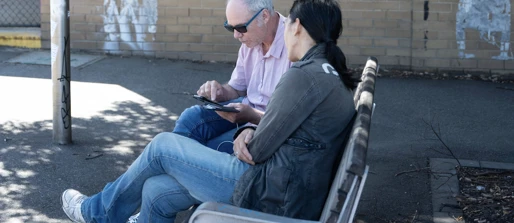
How stable housing can support people who use drugs (HOUSED)
Australia is experiencing a housing crisis, and people who use drugs are being left behind. To address this, we're analysing the social, economic and health benefits of stable housing for people who use drugs.
Hepatitis C modelling
Our modelling aims to help countries identify the most effective and cost-effective ways to eliminate hepatitis C as a public health threat.
Past projects
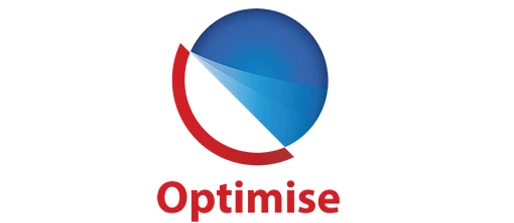
The Optimise Study: Optimising Isolation, Quarantine and Distancing for COVID-19
This project aims to find out how Victorians are experiencing COVID-19 and responding to the measures introduced to stop the spread of the virus.
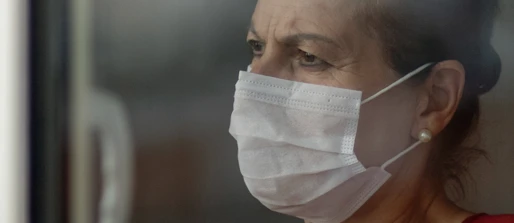
Transparent risk assessment of COVID-19 quarantine (traQ study)
This study uses a mathematical model to examine the circumstances in which quarantine for COVID-19 could be reduced from 14 days without substantially increasing the risk of virus transmission.
News and features
View 1 more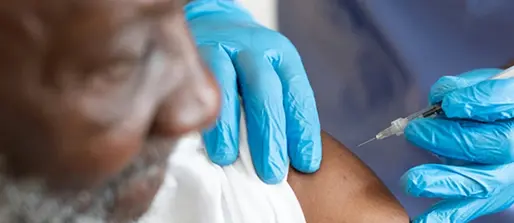
Life-saving impact of global vaccine stockpiles
New Burnet research highlights the critical role of global vaccine stockpiles in preventing widespread outbreaks of deadly diseases.

Prison needle programs could save millions
Burnet research shows how prison needle and syringe programs could save treatment costs for hepatitis C and injection-related infections.

Prison needle programs could save double what they cost – our new modelling shows how
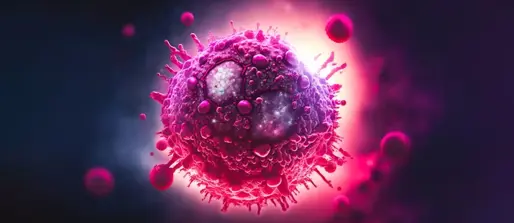
Foreign aid cuts could mean 10 million more HIV infections by 2030 – and almost 3 million extra deaths
NHMRC Investigator Grants
Burnet researchers Joshua Vogel and Nick Scott have received funding for projects relating to pre-eclampsia prevention and hepatitis C and HIV elimination.
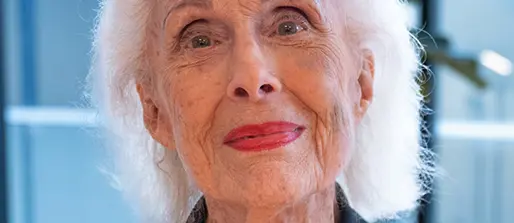
Lady Potter, Burnet Emerging Leader Fellowships

Simple measures lessen hospital acquired COVID-19 infections
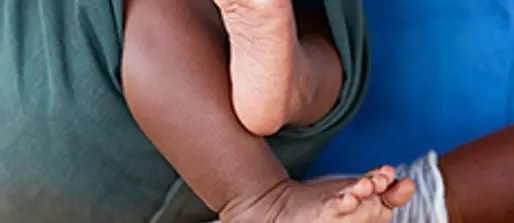
Improved maternal health outcomes in Burnet modelling for Gates Foundation
Why Victoria’s public health restrictions weren’t in vain

Associate Professor Suman Majumdar appointed to new role of Chief Health Officer – COVID-19 and Health Emergencies at Burnet Institute
Associate Professor Suman Majumdar has been appointed to the new role of Burnet Chief Health Officer – COVID-19 and Health Emergencies.
Featured publications
COVID-19 epidemic modelling for policy decision support in Victoria, Australia 2020–2021
BMC Public Health
Nick Scott et al
A global investment case for hepatitis B elimination: a modelling study
˜The œLancet. Gastroenterology & hepatology
Chris Seaman et al
A model of the economic benefits of global hepatitis C elimination: an investment case
˜The œLancet. Gastroenterology & hepatology
Nick Scott et al
Optimising HIV spending in 12 eastern European and central Asian countries: a modelling study
The Lancet HIV
Debra ten Brink et al
Health and economic benefits of achieving contraceptive and maternal health targets in Small Island Developing States in the Pacific and Caribbean
BMJ Global Health
Sherrie L. Kelly et al
Group contacts

Associate Professor Nick Scott
Head, Modelling and Biostatistics
Group members

Associate Professor Nick Scott
Head, Modelling and Biostatistics

Dr Rachel Sacks-Davis
Senior Research Fellow

Aimée Altermatt
Research Assistant

Alexander Thomas
PhD Candidate

Anna Roberts
Senior Project Manager

Dr Chris Seaman
Research Officer

Dr Debra ten Brink
Senior Research Officer

Dominic Delport
Health modeller

Dr Farah Houdroge
Research Officer

Fenella McAndrew
Mathematical Modeller

Kelvin Burke
Mathematical Modeller

Nisa Wulan
Health Modeller

Phillip Luong
Mathematical Modeller

Dr Romesh Abeysuriya
Senior Research Officer

Dr Rowan Martin-Hughes
Senior Research Officer

Dr Sherrie Kelly
Honorary Staff

Dr Tharindu Wickramaarachchi
Mathematical Modeller

Thomas Walsh
Health Modeller

Alina Muellenmeister
Mathematical Modeller

Dr Damian Pavlyshyn
Postdoctoral Research Officer

Dr Anna Wilkinson
Senior Research Fellow

Tim Spelman
Biostatistician

Eloisa Perez-Bennetts
Mathematical Modeller

Dr Thi Nguyen
Data Scientist

Dr Amanda Roxburgh
Senior Research Fellow

Dr Katie Heath
Senior Research Officer




